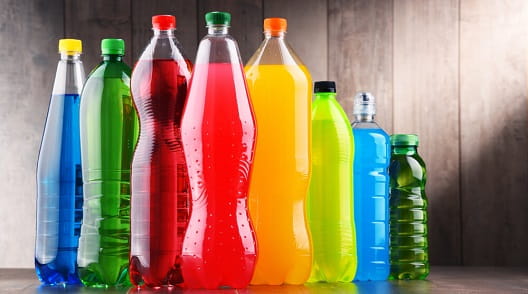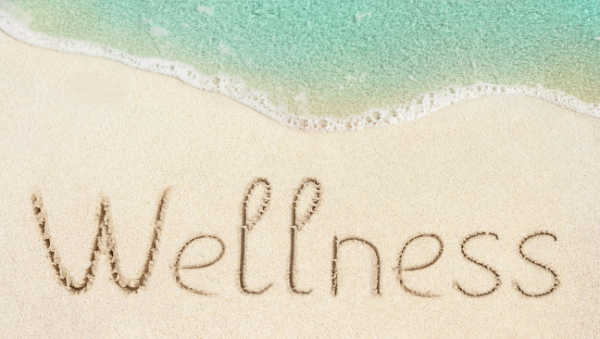It’s important to stay hydrated in the Florida heat, especially for kids, who dehydrate more quickly. But what sorts of drinks are the best, and which ones are the worst when it comes to health and hydration?
Worst drinks for kids
We’ll start with the bummers on the list—those drinks that offer little to no nutritional benefit and too much other stuff that’s decidedly unhealthy for kids.
Energy drinks
As long as they get plenty of sleep, healthy children simply don’t need an energy boost! And these drinks are loaded with caffeine and sugar (or artificial sweeteners), plus strange herbs and chemicals that aren’t necessarily healthy for adults, much less the growing brains and bodies of children.
Sports drinks
Yes, they’re marketed to active kids. And yes, they do contain electrolytes. They also contain about eight teaspoons of added sugar per 20-ounce bottle (just picture that pile of white sugar for a moment), as well as artificial colors and flavors. Realistically, you’re better off handing your child a banana, a bag of salted pretzels and a bottle of water to provide hydration and electrolytes.
Sodas (even the diet kind!)
Sodas are one of the worst drink choices for kids, unfortunately. They have zero nutritional value, they’re often caffeinated, and they can contain upwards of 11 teaspoons of sugar in just 12 ounces! (The diet versions aren’t good either, with their artificial sweeteners.)
Best drinks for kids
It’s a short list, but these are the drinks that get a big thumb’s up from pediatricians and dietitians.
Water
Children should get the vast majority of their calories, vitamins and minerals from what they eat—not what they drink. For this reason, water is the best option for quenching thirst and staying hydrated.
Milk
Plain ol’ white milk is an important part of a child’s healthy diet, unless there’s a medical reason to avoid it. It’s a natural source of protein, calcium and vitamin D—all vital to support growing bodies. Try to steer clear of flavored varieties like chocolate milk, as the extra sugar and flavorings just add up to empty calories.
OK in moderation
100% fruit juice
Fruit juice does contain the vitamins and minerals from the fruit it came from, but it leaves out the fiber (and leaves in a ton of sugar!). Kids age 6 and under should have no more than four to six ounces of juice in a day, while those age 7 and up should drink no more than eight to 12 ounces.




